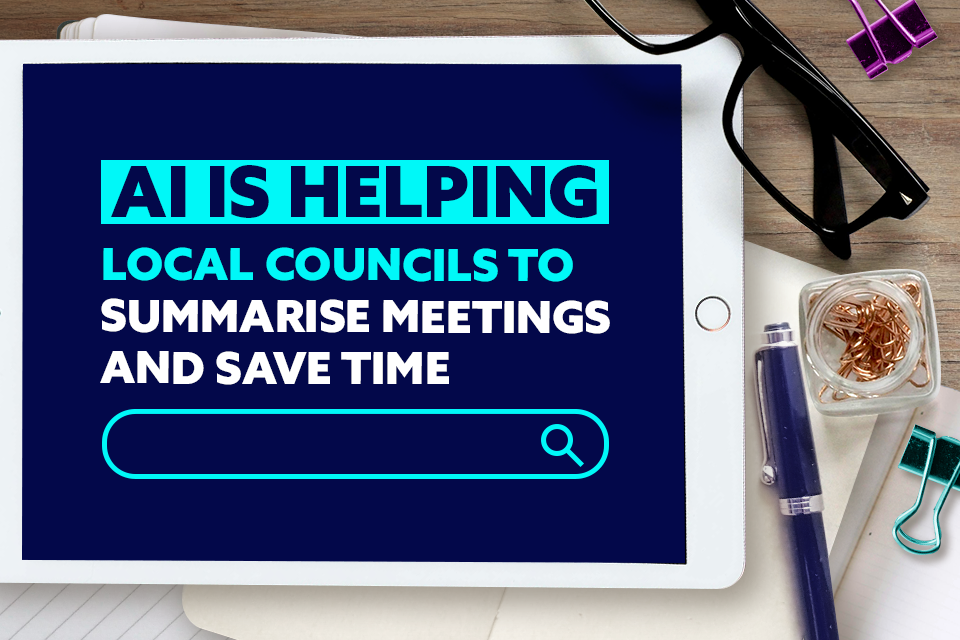
Warning: this article refers to drugs and drug taking throughout
More funding is needed to support centres in Wales helping people with addiction, sector leaders have said.
One service user at Penrhyn House in Bangor, Gwynedd, which helps people battling addiction said they were now 90 days sober from cocaine thanks to its help, describing the centre as a “life-saver”.
Figures show the number of people in Wales who were referred to recovery services has decreased over the last two years, but the chair of a cross-party Senedd group said the figures were not a fair reflection of the struggles in communities.
The Welsh government said it was investing more than £67m to improve support services and to reduce the number of future drug-related deaths.
But a Penrhyn House leader said a long-term investment plan was needed to keep people from relapsing.
The facility has offered guidance and support to people dealing with substance and alcohol addiction over the last 10 years as well as helping individuals in the community.
Arwel Wyn Griffith, 35, from the Caernarfon area, said he had been fighting a cocaine addiction for 17 years after he started taking the Class A drug as a teenager.
“I suppose as a youngster I enjoyed it,” he told Newyddion S4C.
“Soon after, at the age of 21, I realised I had an issue with it – I couldn’t stop and my friends could stop.
“It was extremely bad, I didn’t have any life at all and I was just locked in my room all the time. Sometimes I’d be crying on the way to pick it up but I’d still use it.
“It broke my family up.”

Arwel is now 90 days sober and said coming to Penrhyn House had changed his life.
He added: “It’s been a life-saver for me, it’s changed my life around in a short space of time and I can’t thank the place enough.”
As a couple, Mark and Elen are are also on a similar journey but have now successfully been sober for more than two years.
“We took amphetamine for about 12 years and it ruined our lives and had a massive impact,” said Elen, 35.
“I didn’t sleep, I couldn’t function properly and I was always ill.”
Mark, 47, said the addiction was “stupidly hard”.
“It would be all day, everyday… make some money… go get some more drugs… it was just constant”.
Describing their experience, they also said Penrhyn House and the North Wales Recovery Communities (NWRC) network, which supports people to keep sober, had been a lifeline.
Penrhyn House is operated by the NWRC, which received £94,420 from the Welsh government-funded North Wales Area Planning Board for 2025-2026.
“This is my second home,” said Mark, talking about the centre.
“You come here and everyone is on the safe recovery path as you.”
Mark said without the centre he would not have been able to become sober, adding: “Literally the best thing I ever did was walk through that door.”
Penrhyn House has helped hundreds of people get clean and stay sober since opening.
The service is 80% self-sufficient with its funding but its director of operations James Deakin said more needed to be done to fund services helping people with their recovery.
He added staying sober was the “hard part” for many.

Figures published on Wednesday by the Welsh government showed the number of referrals made to drug and alcohol treatment agencies in Wales had fallen overall over the last two years.
There were 7,370 referrals from October to December 2022, rising to 8,124 from January to March 2023, compared to 6,658 from October to December 2024.
But Peredur Owen Griffiths, chairman of the cross-party Substance Use and Addiction Group in the Senedd, said the figures did not reflect the true picture across Wales.
He said while it was good the numbers were decreasing, questions needed to be asked about why, adding: “Are there less services?
“Are people not being signposted to these services?
“From speaking to people in the sector they are busier than ever and that to me means people are still suffering.”
A Welsh government spokesperson said every drug related death was “a tragedy”.
“We currently invest more than £67m to improve support services for those affected and reduce the number of future deaths, including more than £8.8m for support services in north Wales,” they said.
“Our approach to tackling drug misuse encompasses prevention, treatment, and recovery support, focusing on improving health outcomes and overall reducing harm.”
They added the Welsh government was working with health boards, local authorities, Public Health Wales and police to reduce the harm caused by drug and alcohol misuse.
If you are affected by any of the issues raised in this story, support and advice is available via the Action Line.



